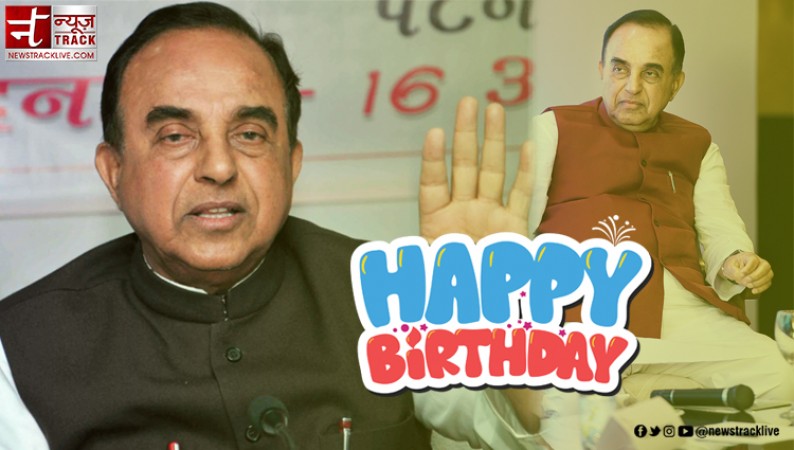
Subramanian Swamy, a prominent Indian political figure born on September 15, 1939, in Mylapore, Chennai, Tamil Nadu, has made an indelible mark on the country's political landscape. Known for his sharp wit and fearless approach, Swamy's career has been defined by his remarkable achievements, controversial stances, and significant contributions to India's development and governance. Here are 10 lesser-known facts that provide a deeper insight into the life of this enigmatic leader.
Kailash Mansarovar Yatra: In 1981, Swamy played a pivotal role in securing access to Kailash Mansarovar for Hindu devotees. His diplomatic efforts, including a meeting with China's paramount leader Deng Xiaoping, led to the normalization of the pilgrimage route, allowing countless pilgrims to visit this sacred site.
Architect of Economic Reforms: During his tenure as a member of the Planning Commission and Union Minister of Commerce and Law in 1990-91, Swamy laid the groundwork for India's landmark economic reforms. The blueprint he crafted under Prime Minister Chandra Shekhar Singh's leadership was later implemented by Finance Minister Manmohan Singh during PV Narasimha Rao's prime ministership.
2G Scam Whistleblower: Swamy was the first to sound the alarm on the 2G scam, which resulted in a loss of Rs. 1.76 lakh crore to the national exchequer, according to a CAG report. His persistent efforts, including writing to Prime Minister Manmohan Singh and moving to the Supreme Court when his pleas went unanswered, brought the issue to the forefront.
The Sonia Gandhi Controversy: In 2004, when Sonia Gandhi was nominated for prime ministership, Swamy claimed that his letter to President APJ Abdul Kalam played a pivotal role in persuading Sonia to decline the position. However, Kalam later refuted Swamy's assertion.
National Herald Case: Swamy has long been a vocal critic of the Gandhi family. He accused Sonia and Rahul Gandhi of embezzlement in the National Herald Case, alleging that they set up the Young India Company to repay debts using Congress party funds.
Daring Escape During Emergency: During the Emergency period in India, arrest warrants were issued for several ministers, including Swamy. He managed to escape to Colombo and then the USA. In a dramatic move, he donned a Sikh disguise to enter the Indian Parliament on a working day, surprising everyone before escaping again.
Harvard Scholar: Swamy's academic prowess is often overlooked. He earned a PhD from Harvard at the age of 24, supported by a prestigious Rockefeller scholarship. His academic achievements have consistently fueled his intellectual pursuits.
Controversial Proposal on Voting: Swamy stirred controversy at Harvard when he proposed depriving Muslims of their voting rights unless they acknowledged their Hindu ancestry. As a result, Harvard University removed two of his summer economics courses from its curriculum.
Academic Collaboration with Paul Samuelson: Swamy co-authored a paper on the theory of index numbers with Paul Samuelson, the first American to win the Nobel Memorial Prize in Economic Sciences. Their joint work was published in 1974, showcasing Swamy's academic excellence.
Chinese Economic Expertise: Swamy is recognized as an authority on the Chinese economy and is known for his comparative analyses of India and China. In 1975, he authored a book titled 'Economic Growth in China and India, 1952-70: A Comparative Appraisal.' Remarkably, he learned Mandarin in just three months to deepen his understanding of China.
Subramanian Swamy's life is a tapestry of accomplishments, controversies, and unwavering dedication to his beliefs. From diplomatic victories to academic achievements, his journey continues to captivate and inspire many in India and beyond.